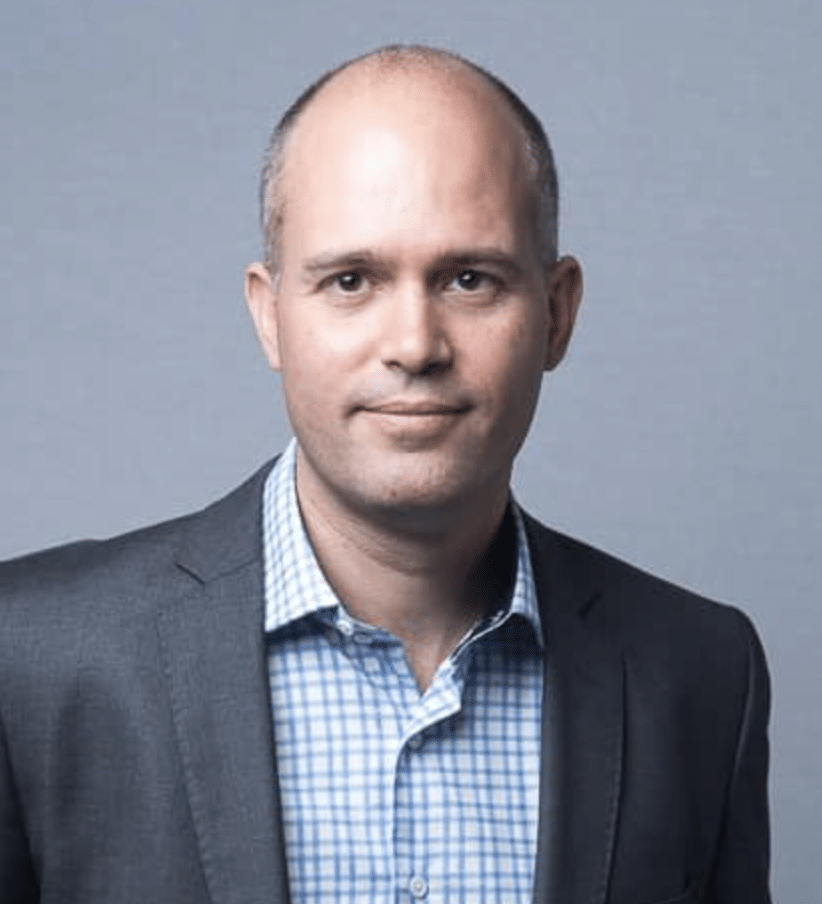Sylvain Thieullent is CEO of Horizon Trading Solutions.

What were the key theme(s) for your business in 2024?
It has been a successful year for us. We have now been certified to trade on the Toronto Stock Exchange, which means Horizon clients can now trade Canadian equities and derivatives, and leverage advanced trading strategies and execution algos, on a single platform. Developing and certifying exchange connectivity is part of our business, we’ve been doing this for 25 years when clients ask for a new gateway. For a Canadian client though, partnering with a vendor without certified connectivity can be seen as risky, so we felt it instrumental to offer certified connectivity to the exchange.
What was the highlight of 2024?
The global equity sell-off in early August served as a stark reminder of the investment world’s perils, being yet another of the now frequent and severe disruptions that challenge conventional trading strategies. Many algo trading strategies need to be revamped to remain effective in an era of frequent volatility bouts. Key to standing a chance of delivering strong returns is the capability to respond to real-time data and adjust to the ebbs and flows of market conditions instantaneously. One of the critical aspects of this evolution is for algos to incorporate advanced risk features, and to source liquidity across multiple venues. In essence, algos now need to be both hunters and gatherers, constantly seeking out the best opportunities while managing the impact of their trades on the market.
Another significant development this year has been the growing awareness among market participants that their current trading technology stacks are outdated in Europe and America. In emerging markets, we are seeing an uptick in firms adopting trading technology to fit with their strategic growth ambitions. We have seen good traction in 2024, and hope to continue this into 2025.
What are your expectations for 2025?
2025 is shaping up to be a year of transition and innovation for financial markets. With a Trump presidency, it is fair to say that a lot of financial regulatory changes are completely up in the air. Right now though, the SEC has ratified changes to equity market structure including a move to reduce the tick sizes of trades. Smaller tick sizes would cause tighter spreads, which could have a knock-on impact on high frequency traders’ willingness to market-make US stocks while channelling large volumes of trading to technology firms like Robinhood. This presents an opportunity for traditional retail brokers to win back the business that they have lost over the last decade, if they are in a position to take advantage. They need to differentiate themselves and adapt to modern trading conditions, which is dependent on embracing technology, updating their internal operational processes, and ultimately creating the quality of experience that customers expect in 2025. The moves observed in the US are going to have knock on impacts on other global markets, and choosing the right tech partner to support growth will be business critical.
Further, shifting geopolitical dynamics are paving the way for new trading highways and opportunities in regional markets. For financial institutions, this evolving landscape presents both challenges and opportunities. Certain firms will embrace these changes by harnessing technology to adapt to new regulatory demands and expand into untapped markets.
What trends are getting underway that people may not know about but will be important?
With dozens of headlines circulating this year around the threat of emerging technologies automating swathes of banking roles, you could forgive colleagues on execution trading desks for feeling jittery. The unrivalled speed and precision of trading algorithms have given rise to rumours of redundancy for years. However, the role of the execution trader in modern markets is very different than it used to be. Execution management systems are more advanced, but the complexity of markets and the need for strategic decision-making is also greater. Today’s traders are shifting from being order-placers to sophisticated managers of algos, copious amounts of market data, liquidity providers to the markets and, of course, risk. We expect automation to continue to transform execution trading, and in fact increase the requirement for skilled professionals who are capable of thinking and acting strategically.




